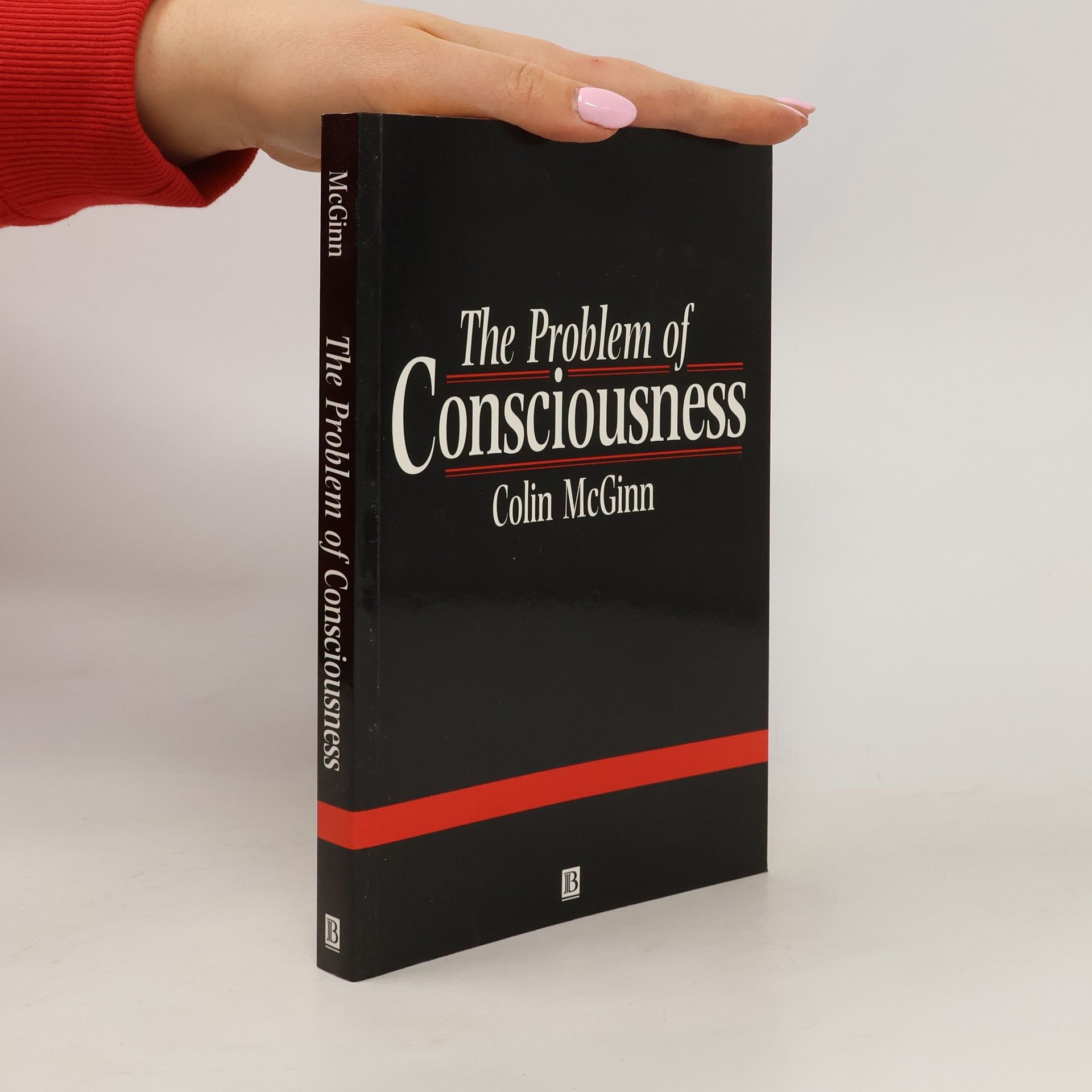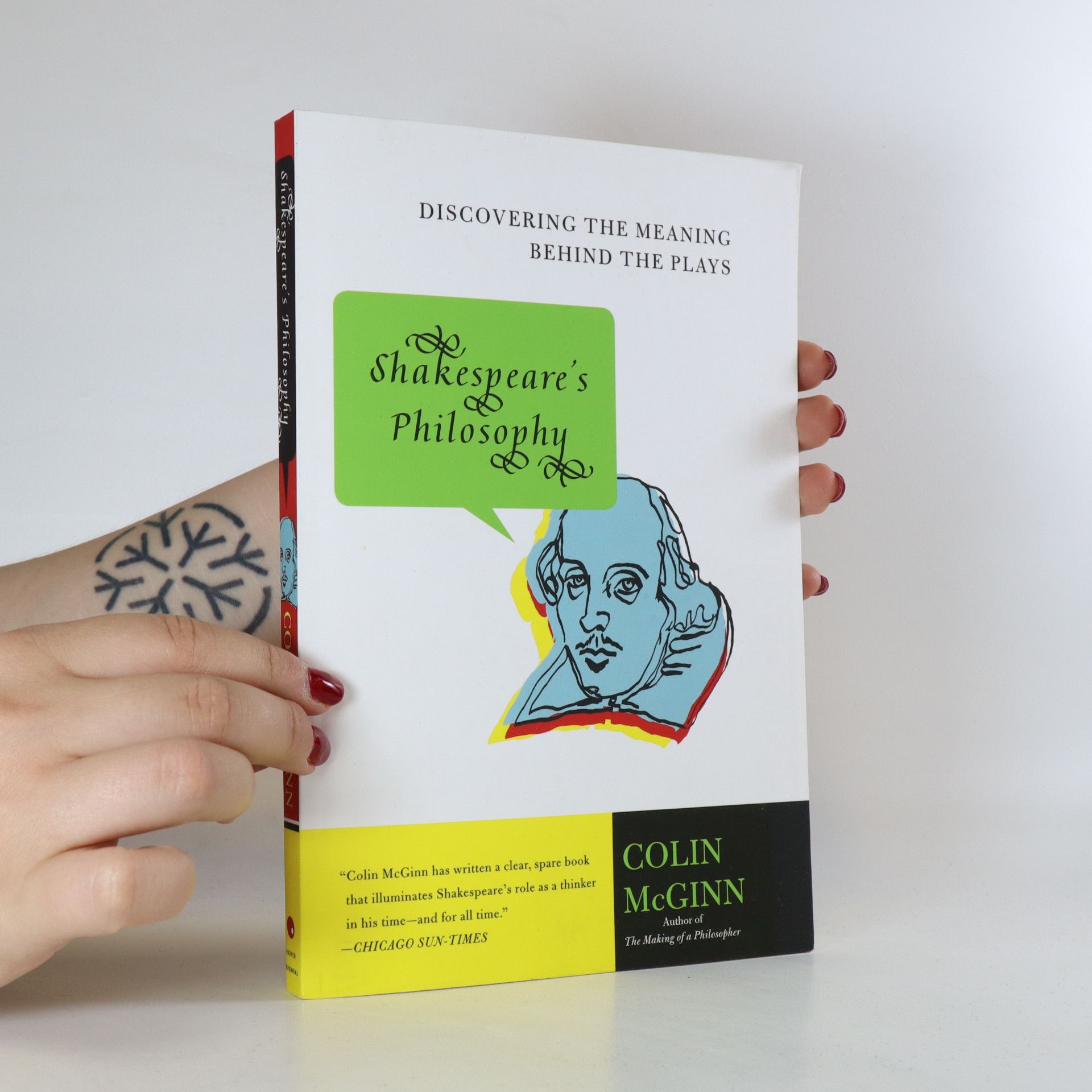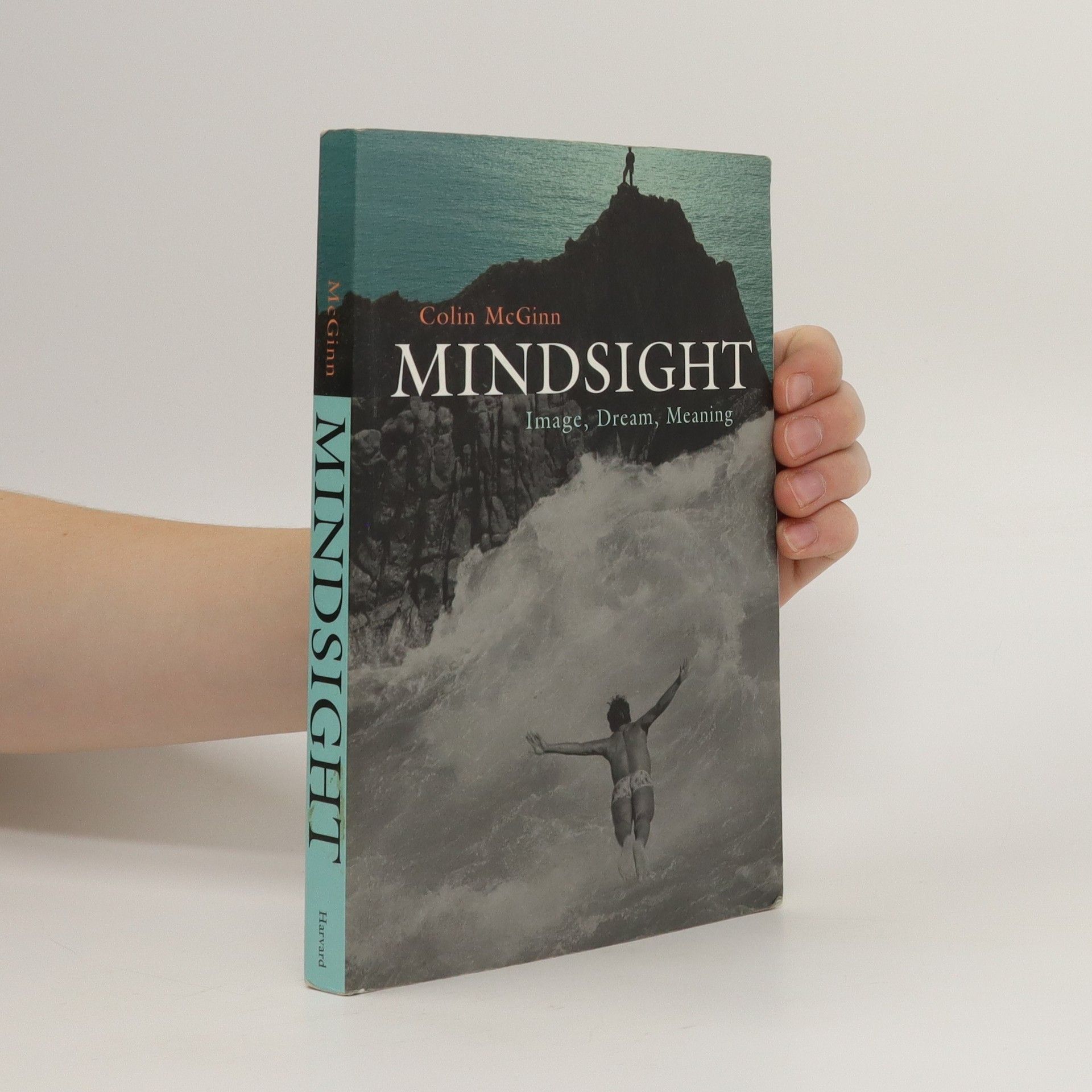Das geistige Auge
- 223 pages
- 8 hours of reading
Was für ein Bild kann man sich von der Vorstellungskraft machen? Diese Frage beschäftigt die Philosophen bis heute. Von Platon und Aristoteles bis Wittgenstein und Sartre hat die Philosophie versucht, sich mit dieser schwer fassbaren Materie auseinander zu setzen. Einen Gegenstand zu sehen ist in verschiedener Hinsicht ähnlich wie ein geistiges Bild vor Augen zu haben – und doch wieder etwas ganz anderes. Mc Ginn zeigt, worin die Unterschiede zwischen Wahrnehmung und Vorstellungskraft liegen. Dabei diskutiert er auch die Natur von Träumen und geistigen Krankheiten. Außerdem spielt die Einbildungskraft eine nicht zu unterschätzende Rolle bei der logischen Argumentation. Ohne sie wäre weder Erinnern noch Planen, in die Zukunft denken, möglich. Wir nutzen sie, wenn wir Entscheidungen treffen oder uns fragen, was möglich sein könnte. Colin Mc Ginn versucht dem Phänomen 'Vorstellungskraft' auf die Spur zu kommen, über das wir bei Lichte betrachtet erstaunlich wenig wissen.





